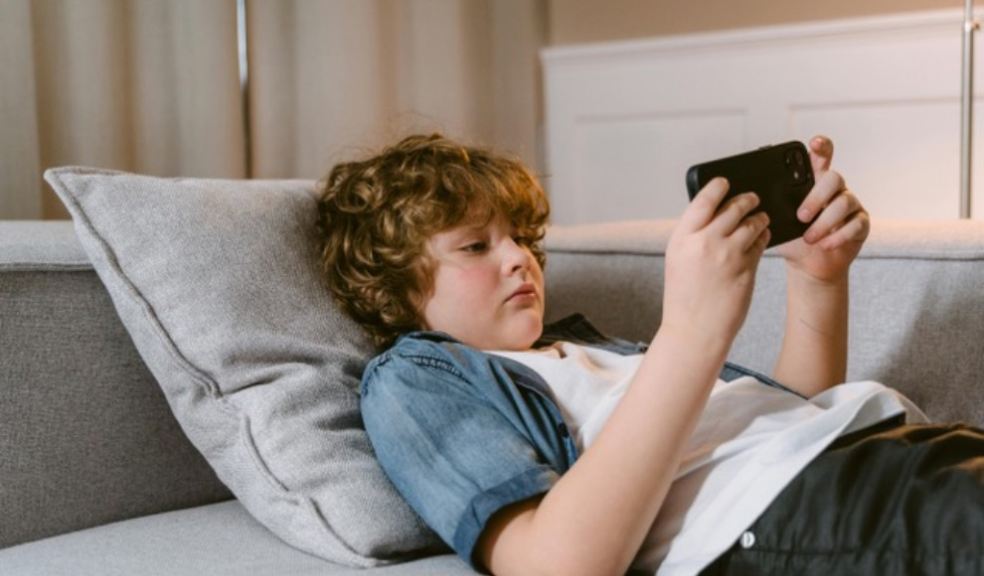
Parents’ fears about screen time damaging their children’s eyes
Plymouth parents are being urged to look out for early signs of myopia in their children.
This comes as Specsavers launches a new awareness drive to highlight the growing issue of childhood myopia – or short-sightedness – with research revealing that children are spending an average of 45 hours a week indoors, with more than a third of that time watching screens.
The campaign urges Plymouth parents to take early action, with experts warning that too much screen time and too little natural daylight are key risk factors in the development of myopia – a condition affecting one in three children, and rising.
The study of 2,000 parents of children aged 6-14 found that kids spend nearly two and a half hours a day on smartphones, tablets or watching TV. While 61% of parents across the region wish their children spent more time outdoors, 49% admit their children simply prefer screens.
Despite growing concerns, many parents across the region don’t realise the impact this can have on their child’s eye health, with 61% fearing screen time may be damaging their children’s eyesight, but only one in two know what signs to look out for, such as squinting, headaches or sitting too close to screens.
Dr Josie Forte, a director at the Specsavers Plymouth store, said: “Children’s eyes are still developing, which makes them particularly vulnerable to the effects of extended screen use. The good news is that early action really can make a difference. Regular eye tests are vital in spotting the signs of myopia early and can help slow its progression.”
Importantly, spending more time outside has been shown to support healthy eye development, yet many children are not getting enough daylight as part of their daily routine.
Worryingly, 24% of parents in the region said their child has suffered headaches from using screens, while 23% have seen their kids rubbing their eyes. Other signs reported include eye strain (10%), sore eyes (13%), and difficulty seeing the board at school (10%).
Dr Forte added: “Our optometrists see first-hand the impact prolonged screen use is having on children’s eye health. We’re encouraging parents to look out for early signs of myopia and to prioritise time outdoors, which has been shown to help protect children’s vision.”
Across the region, 42% of parents are concerned their child may even be addicted, and 37% of families are now actively planning more outdoor time and introducing tech limits to create a healthier balance.
Dr Forte said: “We want to empower families with knowledge and encourage them to take that first step by booking a free eye tests. One key tip to remember is the 20-20-20 rule: every 20 minutes, encourage your child to look at something 20 feet away for 20 seconds. With myopia cases rising, early diagnosis has never been more important.”
To learn more about myopia and book an appointment at your nearest Specsavers, visit https://www.specsavers.co.uk/eye-health/myopia











